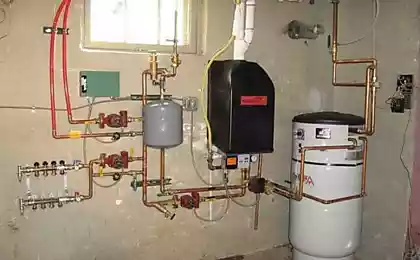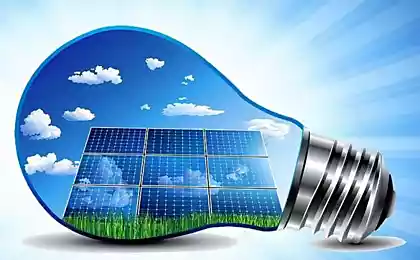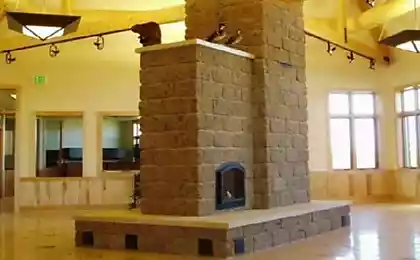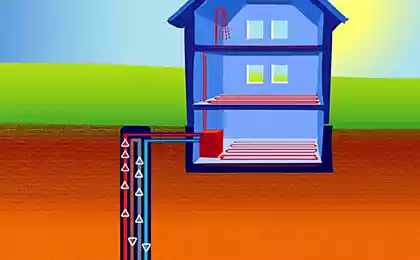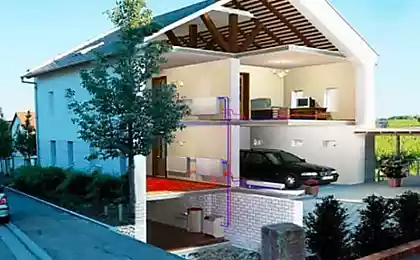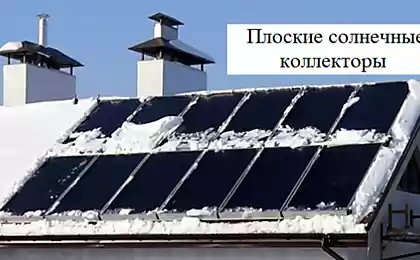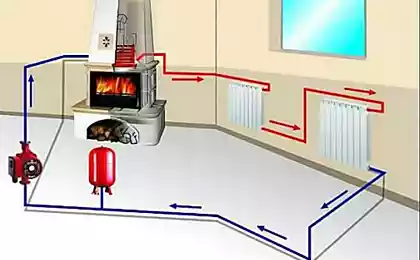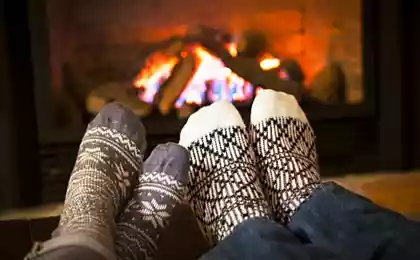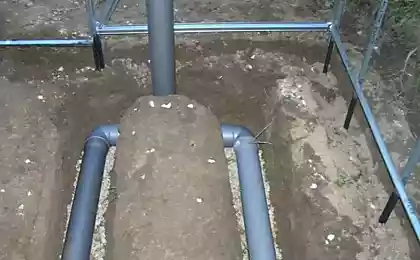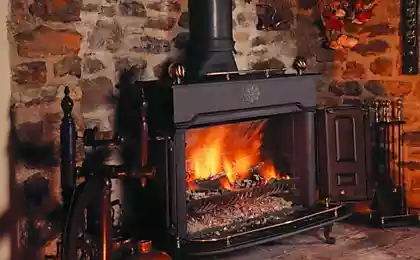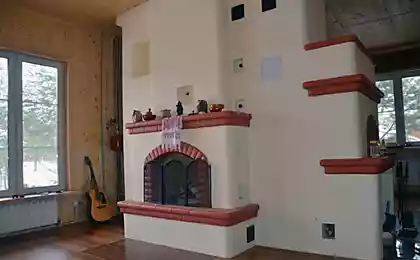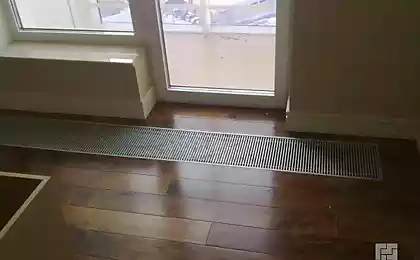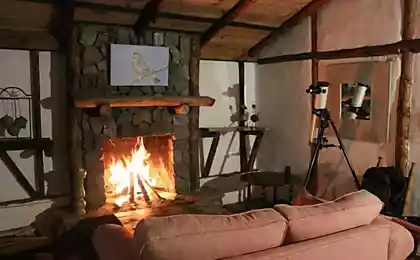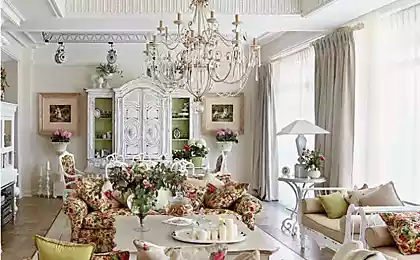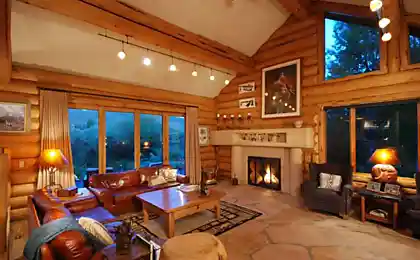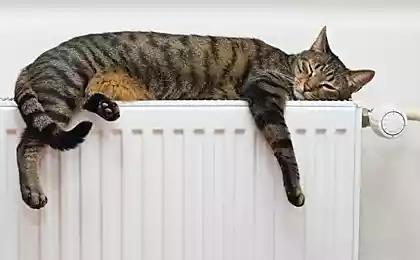2296
Which countries have lived without central heating
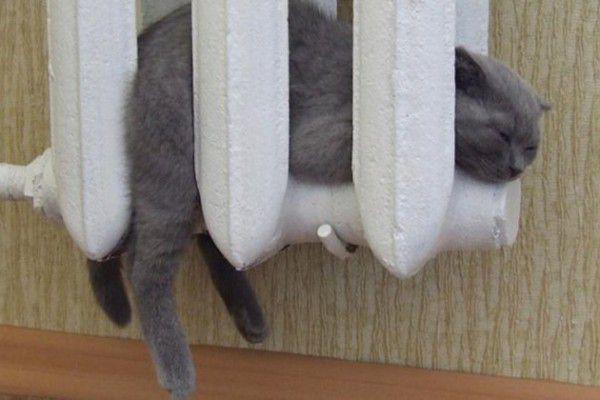
UK
Every Briton heated "alone". No such thing as central heating, there is not. The houses and apartments are equipped with boilers - Individual gas water heaters, heat water and batteries. Depending on appetites and features a host, you can either freeze, saving on heating, or drown in full, warming up to the maximum of their batteries.
In the toilets and bathrooms batteries usually have - in winter the temperature therein does not exceed 10 degrees; in the bedroom, too, will not drown - sleeping in pajamas under a warm blanket. All night to drown - expensive. In the boiler installation face each hour is divided into 4 divisions to 15 minutes. You put the alarm clock at 7 am, and boiler programmiruesh at 6.45 to wake up in the heat; 8:30 go to work - the boiler is programmed to disconnect.
Heating - a few hours a day, very sparingly. And incredibly eco-friendly. British physiologists made table-guide: above 21 degrees - the temperature discomfort above 24 - the temperature, which increases the risk of heart attacks. The lower threshold of comfort - 18 degrees. From 16 to 18 - the temperature is normal, the risks are low, and this temperature is held at five million homes Kingdom. Companies supplying electricity and gas (this is a competitive market, and you can choose from whom to buy warm, about the same as you choose, at any gas station to fill the car), provide a list of tips on how to keep warm in winter. And one of them - to get a cat. Because the cat is warm and does not consume electricity.
The poor inhabitants of the Kingdom also somehow adapt and get out. Some go to get warm in the local library, where it is warm, comfortable and free internet.
Population provides tips on saving. For example, it is not recommended to run the washing machine "idle" - have to wait until the tank is full of dirty laundry to the eyeballs. Advised to wash in cold water, it is useful for the laundry than hot water. Turn off the computer when it is idle without work. Do not leave on charge mobile phone on all night. Use energy saving light bulbs. Take short showers instead of long bath.
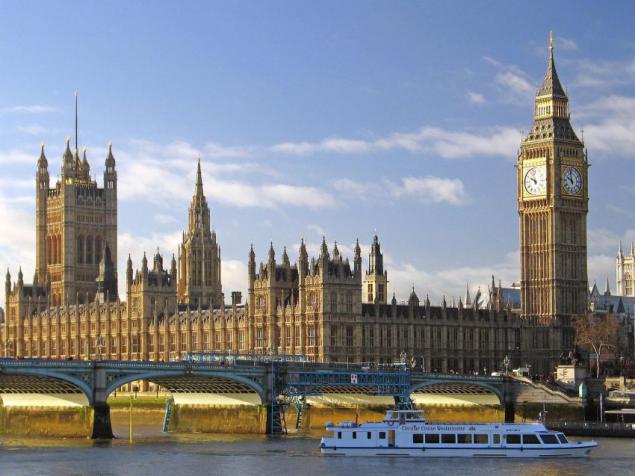
Japan
Central heating system is only in Hokkaido - the coldest part of the country. The rest of the population of Japan warms themselves. Most modern homes in Japan is heated by electric air conditioners (summer / winter) and different types of heaters: electric, oil, kerosene or gas.
In cold weather, wear warm light Japanese pajamas, in the material which contains special fibers that retain heat very well, or use over an ordinary electric blankets.
Very popular in Japan, electric carpets. This carpet resembles an electric blanket. The user can adjust the heating temperature. You can heat the only part of the carpet, where, for example, you are sitting.
Another attribute of the Japanese culture, which is traditionally used for heating is the kotatsu. He is in every Japanese home. Modern kotatsu is a table with a heating element mounted under the hood. Kotatsu existed in ancient Japan, although in those days it was called, and looked a bit different.
Around the kotatsu tradition the whole family, not only for dinner but also for interviews, joint board games, watching TV. Kotatsu unites the whole family, young and old, emphasizes family togetherness and the warmth of relations. Gathered under the blanket, the kids literally learn to "not drag the blanket over himself." By the way, in Japanese schools do not have heating. In recreation areas is a local heating, where children can change to warm their hands.
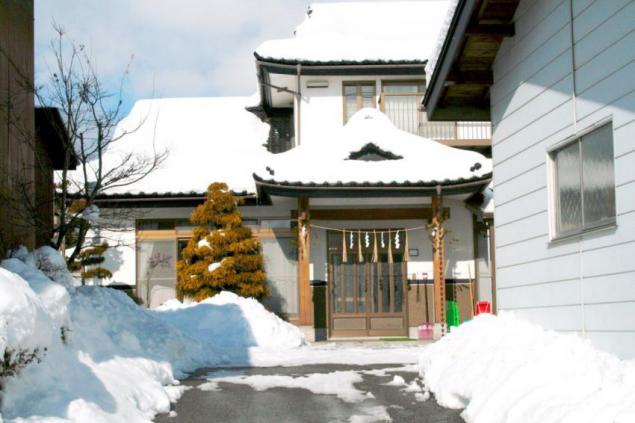
Germany
In Germany, there is also no central heating in the classic sense of the average Ukrainian. Here everyone warmed himself. In private homes - their boiler rooms in apartment buildings - separate gas equipment that heats water for batteries. How much gas burned, and paid so much.
All the batteries are valves with thermostats regulate the temperature of the room. In the living room where the family spends a lot of time, include them stronger, and in the toilet - at the very least. There are even special recommendations for temperature control facilities. For the audience enough 20 degree heat bath to 22 degrees, in the bedrooms need 16-18 degrees Celsius. In underused areas (toilets, storerooms, etc.). The temperature should be 14-16 degrees.
"If circumstances permit (no small children), then keep the temperature cooler. Reduce the temperature in the premises by 1 degree you save up to 6% of the thermal energy. Lowering the temperature from 24 degrees to 20 degrees will provide up to 24% savings in heat "- suggest recommendations. At night the Germans often use electric blankets - water bottle on the whole body. It turns on and off automatically.
German homeowners are willing to use for heating individual houses biomass wood pellets from waste wood, heat pumps and solar panels. The state supports this trend legally and financially.
Recently in Germany came into force a law requiring new buildings shall be in operation, owe part of their energy consumption from renewable sources to draw. Thanks to the various government programs for homeowners who have moved to the environmental fuels offset up to 15 percent of the cost of purchase and installation of new equipment.
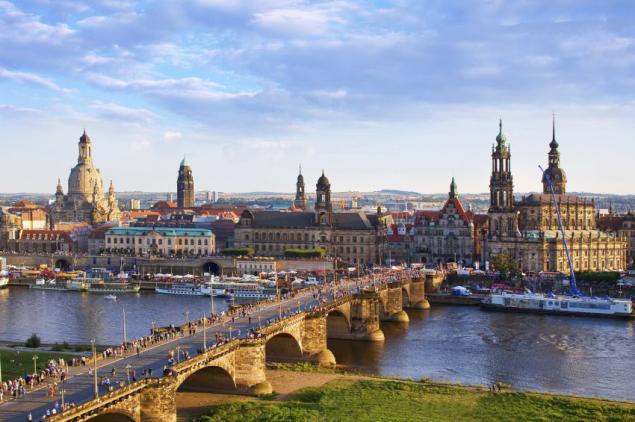
France
Central heating in our understanding of the French no.
Instead, there are two options:
1. The total heating homes - is central heating in a single apartment building. It includes the management of the house, the apartments do not have any equipment for this purpose.
2. Individual heating. In the bathroom, toilet or kitchen unit is regulating hot water. He is an electric or gas.
This unit is connected and the battery. The heat in the apartment is adjustable. Electric heaters are more common than gas. Their main advantage: they do not require regular and costly testing and support as gas. Using part of the total electric bill.
Electricity rates in the country - double: full - from 7.00 to 23.00 and grace, that is one and a half times less - from 23.00 to 7.00. State for several decades strongly encourages citizens to save energy. And not just by a tariff policy. Powerful lever - fiscal. All Frenchmen who exercise lagging their homes - old or just built - are legally entitled to enter the money spent in the tax return. In this case, 25 to 50 percent of them work zachtutsya with "minus" and can reduce the income tax.
The same applies to the installation of various kinds of energy-saving environmentally beneficial equipment - solar panels, heaters with high energy output, both gas and electric. To purchase them citizens receive preferential loans. As for the new housing, since 2008, each project area of over 1,000 square meters must comply with the new requirements of the insulation. Otherwise, it does not receive and send back for revision.
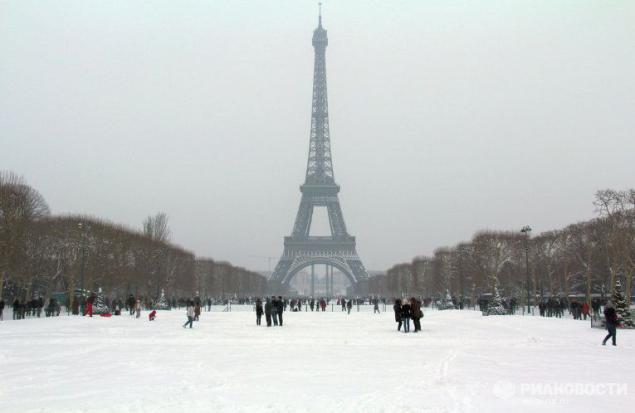
Finland
Increasingly, new Finnish house draws energy as mythological Antaeus - from the ground. Indeed, in terms of Finland at a depth of 200 meters the temperature can reach up to 10 degrees. Finnish rocks - like giant radiators: they accumulate in the summer heat, winter favor.
In homes install a special device, a heat pump. Worth it certainly is not cheap, but it pays off for 5-7 years and can save 30 percent or more of electricity. Not surprisingly, these figures tempt the owners of old houses and refurbish their homes.
Finns are forced to work for themselves, even ambient air - imagine a refrigerator turned inside out, where the cold part of the street, and the heating system circulating a special substance - indoors. At temperatures down to -25 it works fine: spending on job 1 kW of electricity, the heat pump will produce up to 2 or even 5 kW of heat.
This "warm" refrigerator, or rather, air conditioning is effective for small houses - no more than 120 meters of living space. But for smaller homes is a real gem: it is not necessary to drill down and install expensive equipment all costs no more than 2000-3000 euros.
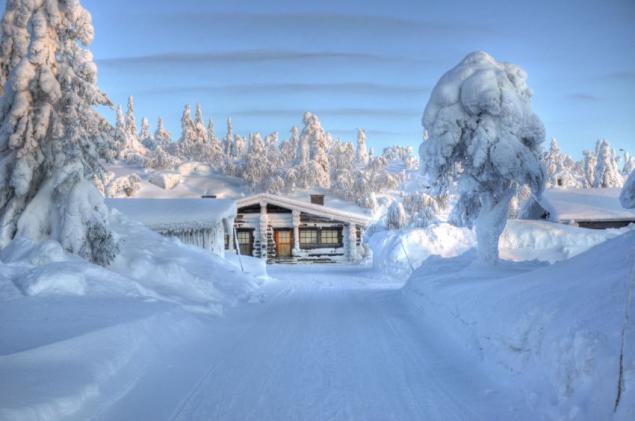
Source: news.finance.ua
